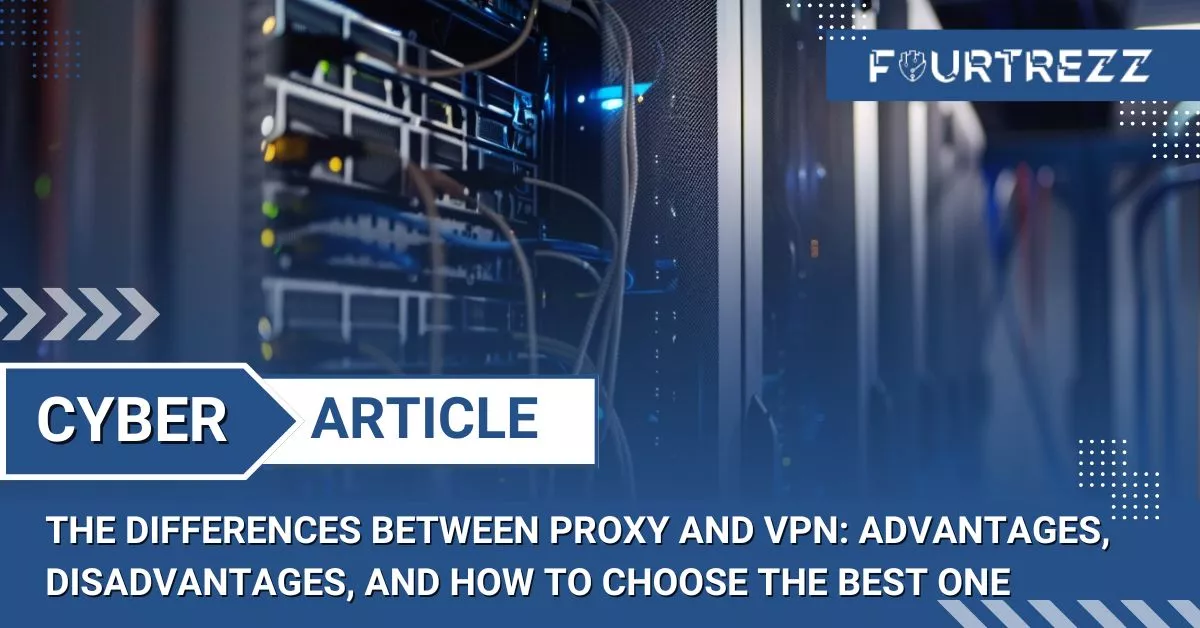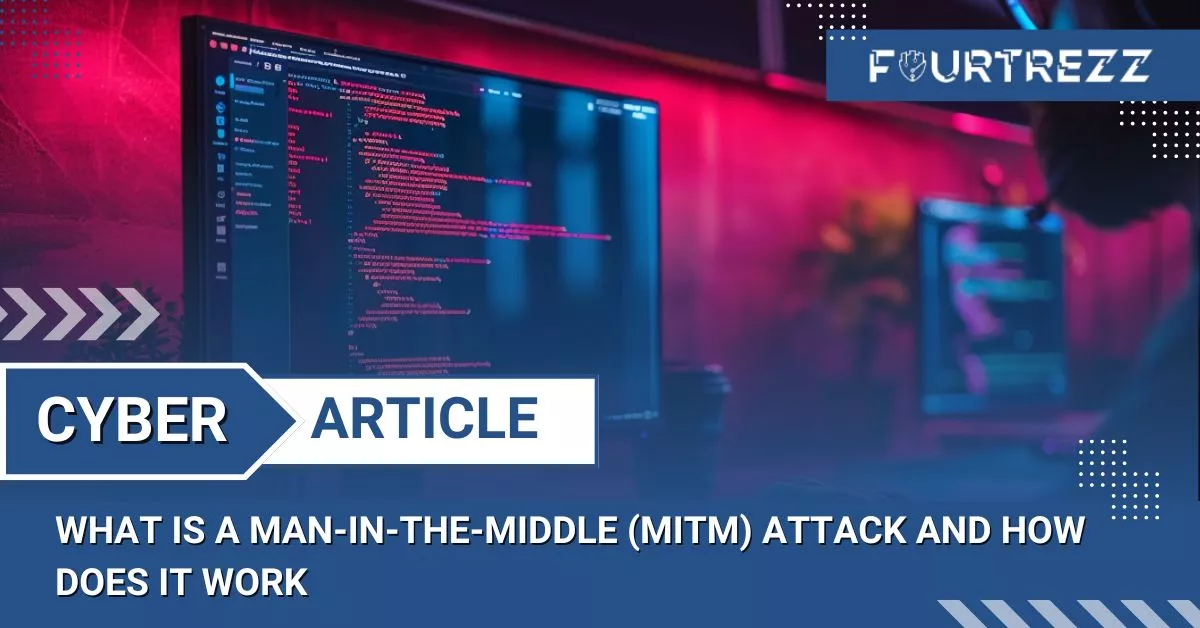The internet has become an inseparable part of our modern lives. However, with easy access also comes security risks. Cybercriminals and hackers can easily steal our personal data and gain access to our systems. Therefore, tools to protect our internet privacy and security are essential. Two popular tools for achieving this are proxies and VPNs.
A proxy is a server that acts as an intermediary between your computer and the internet. When you access the internet via a proxy server, your requests are forwarded through this server, which then sends the responses back to your computer. This means your computer does not connect directly to the internet, and your true identity is concealed.
Meanwhile, a VPN (Virtual Private Network) creates a network over the public internet infrastructure that allows users to send and receive data privately. When connected to a VPN, your IP address is altered, and your data is encrypted, enhancing your privacy and security.
Both have their respective advantages, and it’s crucial to choose the best one according to your needs. If you merely wish to hide your IP address and unblock certain websites, a proxy might suffice. However, for better security and privacy, a VPN is the preferable choice.
In this article, we will compare both options and provide advice on how to select the best one for your needs. Stay with us to learn more about the differences between a proxy and a VPN.

Key Differences Between Proxy and VPN
Proxies and VPNs are popular tools used to enhance privacy and security while browsing the internet. Though they serve similar purposes, there are fundamental differences between the two.
A proxy acts as a go-between for your computer and the internet, while a VPN establishes an encrypted network atop the internet infrastructure. This means a VPN offers a stronger layer of privacy and security than a proxy.
However, the advantages of a proxy include ease of use and cost-effectiveness, whereas VPNs can be more expensive and require some technical knowledge to configure properly. Additionally, while proxies can be used to unblock certain websites, VPNs can enable you to access content not available in your location.
Yet, proxies do not provide strong encryption for your data, which means your data could be accessed by unauthorized parties if they have access to the proxy server. On the other hand, VPNs offer strong encryption for your data and protect your privacy well.
In conclusion, if you only want to unblock certain websites and are not overly concerned about your privacy, then a proxy could be a good choice. However, if you want better privacy and security while browsing the internet, then a VPN is a better option.
Advantages and Disadvantages of Proxy
A proxy server acts as an intermediary between your computer and the internet. When you use a proxy, requests from your computer are forwarded to the proxy server, which then sends these requests to the destination server. This allows you to hide your IP address and become more anonymous while browsing the internet.
The advantages of using a proxy include:
- Unblocking Websites: If certain websites are blocked in your region, you can use a proxy to access them.
- Improved Browsing Speed: Since proxies can cache data from frequently visited websites, using a proxy can enhance your browsing speed.
- Privacy Protection: Proxies can hide your IP address and make you more anonymous on the internet, protecting your privacy from trackers and hackers.
However, there are some disadvantages to using a proxy:
- Weak Data Encryption: Proxies do not provide strong encryption for your data, meaning your data could be accessed by unauthorized parties if they have access to the proxy server.
- Not Fully Secure: Proxies do not offer fully secure protection from trackers and hackers. If the proxy server used is compromised, your privacy and security could be at risk.
- Limited Protocol Support: Proxies only support certain types of protocols, which might restrict access to some websites and online services when using a proxy.
When choosing a proxy, it is important to consider the quality and reputation of the proxy provider to ensure your security and privacy are maintained. Additionally, ensure the proxy supports the types of protocols you need.
Advantages and Disadvantages of VPN
In the previous section, we discussed the differences between proxies and VPNs. Now, let’s focus on VPNs, or Virtual Private Networks. Like proxies, VPNs are used to conceal users’ identities on the internet. However, VPNs have different advantages and disadvantages compared to proxies.
How VPNs Work
VPNs operate by forming a private, encrypted network through a public network like the internet. In this case, VPNs secure the user’s internet connection by encrypting the data sent and received. This encrypted data can only be read by users who have access to the VPN network.
Advantages of Using a VPN
- High Security: Compared to proxies, VPNs offer a higher level of security because the data sent and received is encrypted. This makes it difficult for unauthorized parties to access.
- Protected Privacy: VPNs allow users to surf the internet anonymously. This is particularly useful for protecting user privacy from third-party surveillance by companies or governments.
- Bypass Content Blocks: VPNs also enable users to access sites blocked by internet service providers or governments. This is very useful for those who wish to access restricted or blocked content in a certain country.
Disadvantages of Using a VPN
- Cost: VPN services usually require a monthly or annual subscription fee. This cost might be prohibitive for users who only need VPN services occasionally.
- Reduced Internet Speed: Internet connections through VPNs are generally slower than regular internet connections. This is because the data must go through encryption and decryption processes before reaching its destination.
- Not Suitable for High Bandwidth Usage: VPNs are not suitable for high bandwidth usage scenarios like streaming videos or online gaming. Using a VPN in such cases can slow down the user’s internet connection.
Choosing Between Proxy and VPN
After understanding the differences, advantages, and disadvantages of proxies and VPNs, it is important to consider the following factors when choosing between the two:
- Security: If data privacy and security are your top priorities, a VPN is the better choice because VPNs offer a higher level of security through data encryption.
- Needs: If you only need access to restricted content, then a proxy might suffice. However, if you require more secure and anonymous access, a VPN is the better choice.
- Cost: If you are on a limited budget or only need the service occasionally, then a proxy might be a more affordable option. However, if you require a more secure and reliable service, a VPN might be more ideal despite usually requiring a fee.
- Speed: If you need higher internet speed, a proxy might be more suitable because it does not undergo the data encryption and decryption process like a VPN.
- Access to Blocked Content: If you are in a country with many blocked sites, a VPN could be the best solution because VPNs can help unlock access to blocked sites.
In making your choice, it is important to carefully consider these factors to select the option that best meets your needs.
In terms of internet security, while a proxy can help you surf more safely than without a proxy, a VPN remains the more secure option. This is because a VPN provides a higher level of security through automatic data encryption and decryption processes, making the data sent and received unreadable by unauthorized parties. Therefore, if data security and privacy are very important to you, then a VPN is the recommended choice.
Conclusion
In choosing between a proxy and a VPN, it is important to consider the fundamental differences, advantages, and disadvantages of both technologies. Generally, proxies are used for access to restricted content, while VPNs are used for more secure and anonymous connections.
The advantages of using a proxy include ease of use, lower cost, and higher internet speed. However, the disadvantages of using a proxy include a higher risk to security and privacy, especially when accessing untrusted websites.
Meanwhile, the advantages of using a VPN include a higher level of security and privacy, the ability to unlock access to blocked sites, and multi-platform support. However, the disadvantages of using a VPN include higher costs, reduced internet speed, and dependency on the VPN service provider.
In conclusion, when choosing between a proxy and a VPN, it is important to consider your needs and other factors, such as security, cost, internet speed, and access to blocked content. If you only need access to restricted content, then using a proxy might be sufficient. However, if data security and privacy are very important to you, then a VPN is the recommended choice because it offers a higher level of security and privacy.










